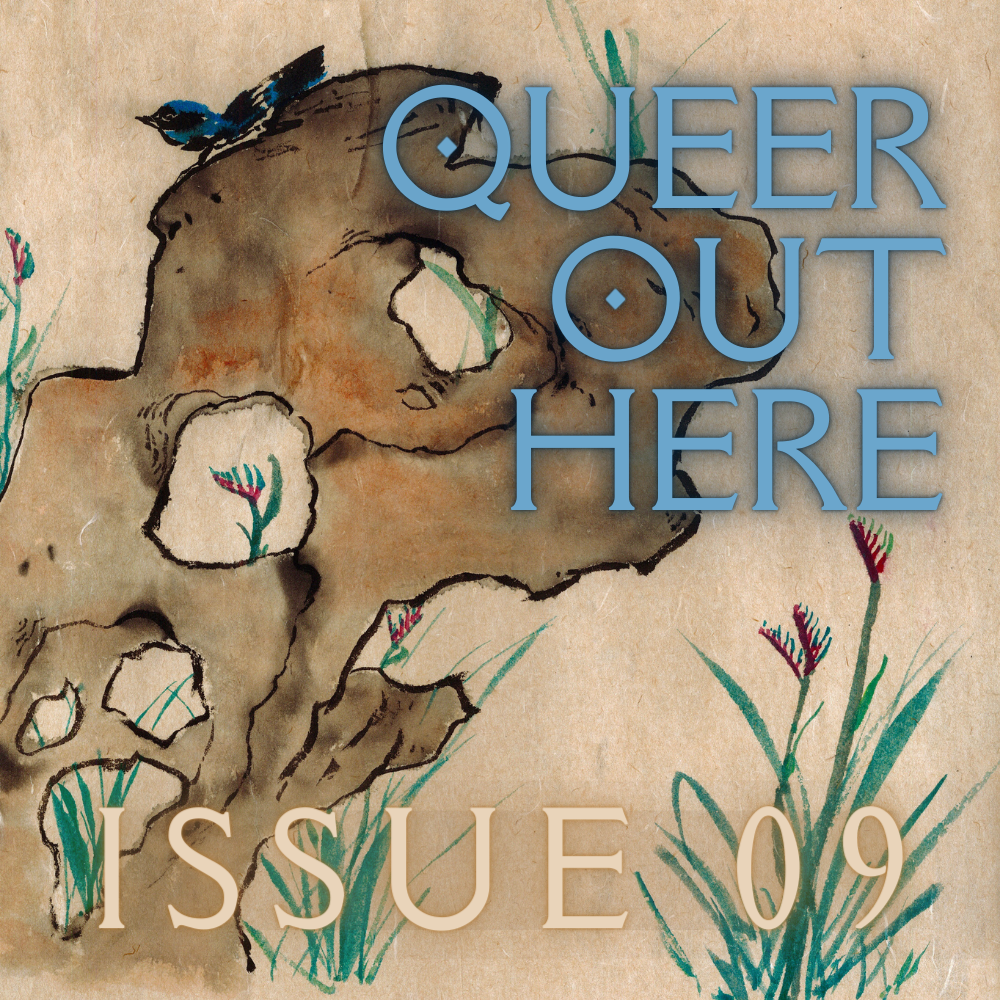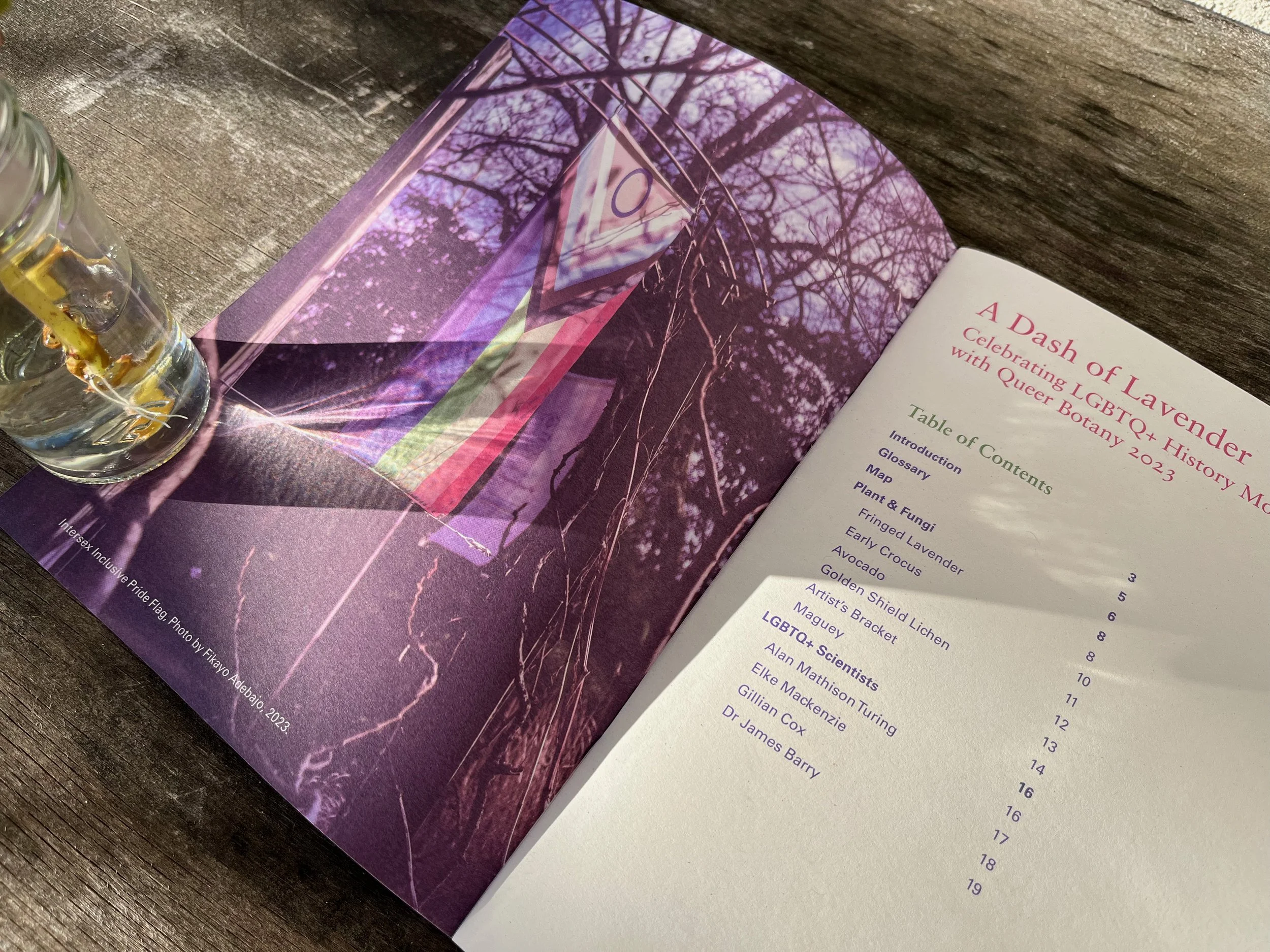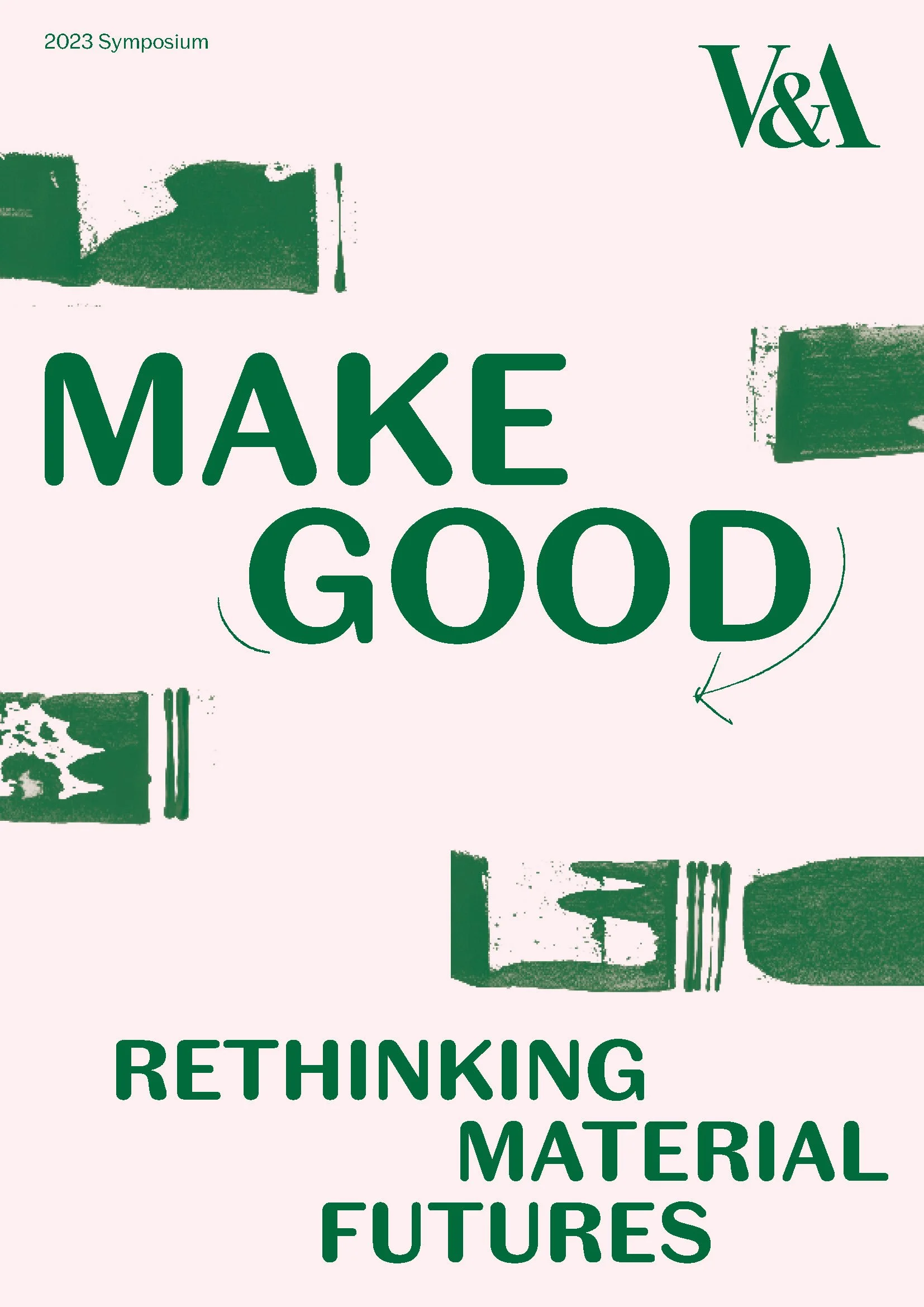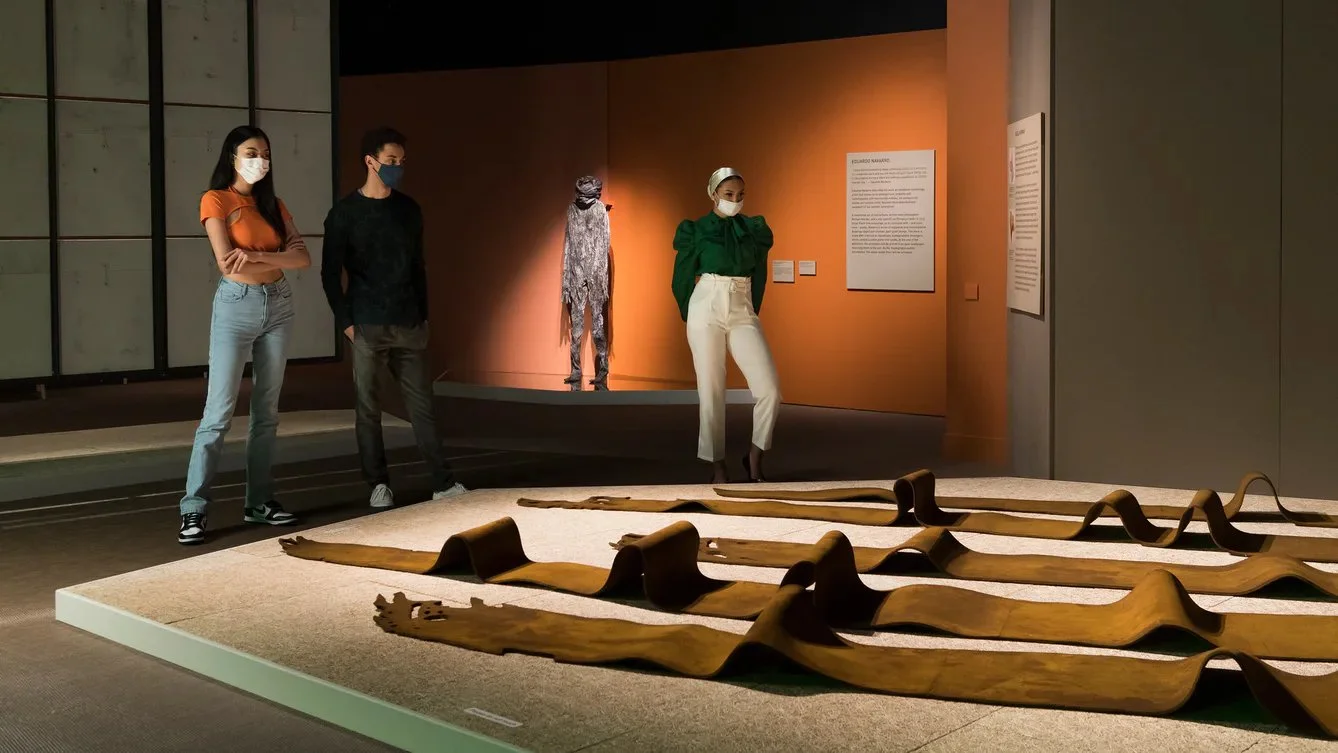Projects
Fukt Magazine #22
Illustrations for the Queer Botany at Walthamstow Marshes map, tapestries, and website have been published in FUKT magazine # 22, the nature issue, for contemporary drawing. The artwork accompanies an article about queer ecology. You can order the issue now.
queer out here Issue 09
Queer Botany was invited to contribute to Queer Out Here, a podcast about queer folks and the outdoors. Audio recordings about plants in the Walthamstow Marshes, north east London are included along with field recordings from the site.
the earth does (not) need us
Queer Botany was invited by The Institute of Queer Ecology to contribute research and writing for the installation of a living terrarium in The Earth Does (Not) Need Us: The Institute of Queer Ecology in Dialogue with Joseph Beuys exhibition at the Museum Schloss Moyland in Moyland Castle, Germany.
Generator Projects Micro-Residency
Generator Projects offered artists, writers & makers based in and around Dundee the opportunity to engage in their new micro-residency project.
This was a fee-free residency providing access to a shared studio space in Wasps Meadow Mill, with full access to the building, its wifi and heating—as well as a desk to work at and a communal supply of art materials.
Designing Gender: A Feminist Toolkit
Design researcher and lecturer Sarah Elsie Baker reached out to Sixto-Juan Zavala of Queer Botany for a contribution to her book Designing Gender: A Feminist Toolkit. An interview with Zavala is in chapter six: Sustainable practice and design beyond binaries.
queer nature
Queer Botany was asked to contribute research in preparation for the Royal Botanic Garden, Kew's Queer Nature exhibition. This was delivered as a presentation by Sixto-Juan Zavala at Kew's 'think-in' meeting with various collaborators and stake-holders, along with a list of references for further research. Zavala was also invited to shoot interview footage for a video installation in the Queer Nature exhibition. In relation to the Queer Nature exhibition, Zavala was interviewed in September 2023 by Ella Braidwood at The Guardian about queering botany along with artist Jeffrey Gibson, writer Irene Reti, and others.
A Dash of Lavender 2023 Guide
For LGBTQ+ History Month 2023, Chelsea Physic Garden and Queer Botany collaborated to look at plants, fungi and lichen through a queer lens. This book was first published in 2023, following the A Dash of Lavender exhibition at Chelsea Physic Garden. This booklet provides information about the plants and people explored in the exhibition. You can use the map inside to locate the plants in the Garden. It also includes a glossary and a section on LGBTQ+ scientists.
Make Good Symposium: Rethinking Material Futures
Zavala was invited to be one of a series of speakers at the Make Good Symposium at the Victoria & Albert Museum, South Kensington about the Queer Botany project he founded. Here you will find photos of the event, a sampling of slides, and a recording of the talk.
A Dash of Lavender 2023
For LGBTQ+ History Month 2023, Chelsea Physic Garden collaborated with Queer Botany to look at plants, fungi and lichen through a queer lens. Historically, the LGBTQ+ community has often been referred to as ‘unnatural’, however, the ‘natural’ world has many characteristics that can be seen as queer. One example is the variety of plants and their sexual diversity. There is also a cultural link between queerness and the symbolism of flowering plants, which can be found in terms like ‘pansy’, or ‘a streak’ or ‘dash' of lavender.
Mutability and Mutualism
Queerness and ecology together make visible the interconnected, entangled conditions of life on earth and honor the strange, multispecies amalgamation we live in community with. To make sense of the broad constellation of practices that emerge from Queer Ecology, we examine at two scales: the individual and the collective. As we explore, the binary distinction between these scales quickly blurs and blends.
Rooted Beings Perspective Tour at Wellcome Collection
Sixto-Juan Zavala, founder of Queer Botany, gave a tour of the Rooted Beings exhibition at Wellcome Collection, looking at the collection from a queer botanical perspective. Participants were invited to bring their own stories and experiences of plants to share. Asking the questions, how can botany be queered and how can queerness be botanical? The event was free and open to the public. Over fifty visitors participated in the tour.
guided tour of the barbican estate
Coinciding with the Our Time on Earth exhibition participants took a walk through the Barbican estate in the City of London, stopping at plants and sharing stories from a queer perspective. Inviting co-creation, and aspiring to demolish hierarchies, we invited participants to bring their own stories and experiences of plants to share. We acknowledged there are many ways of understanding, knowing and connecting with plants.
Queer Botany Cyanotype Workshop with The Royal Parks
The Royal Parks partnered with Queer Botany to host a printmaking workshop exploring the connection between nature and queerness.
Using plants from across The Royal Parks, we explored the cultural, mythological, and scientific links that plants have with queerness and use these plants to create vivid cyanotype sun prints to take home.
platinum garden
Built in 1535, Sutton House is a Tudor manor house on Homerton High Street, in the London Borough of Hackney. The adjacent Breaker's Yard was once a car-breaker’s yard. Because of this, the plants there need to be able to grow in poor soil or containers. The property is now being cared for by The National Trust conservation charity.
Platinum Garden is a queer gardening project initiated during Queen Elizabeth II’s platinum jubilee. It was led by artist Daniel Baker, with Queer Botany, Rainbow Grow and Peabody. The Garden is inspired by artist Derek Jarman's garden at Prospect Cottage, LGBTQI+ gardeners and alternative approaches to urban gardening.
A Dash of Lavender 2022
For LGBTQ+ History Month, Chelsea Physic Garden is collaborating with Queer Botany to look at plants and the Garden through a queer botanical lens. LGBTQ+ is an acronym for Lesbian, Gay, Bisexual, Transgender, Queer, and other sexual and gender minorities. The term ‘queer’ originally meant ‘strange’ or ‘peculiar’ and was used to insult the LGBTQ+ community, but has been reclaimed by activists as a broad term for sexual and gender minorities. Queer Botany aims to share marginalised perspectives, support more diverse representations in the environment and outdoors, and acknowledge connections between queerness and plants.
Walthamstow Marshes
Queer Botany is a tour with a series of outdoor interpretive displays that tell stories about plants from marginalised perspectives. The focus is on such site-specific wild plants as the dog rose, horse chestnut, coppiced willow and yellow flag. Participants can either learn about them on the project website, find the displays on their own, or be part of a guided tour at the Walthamstow Marshes, northeast London.
















